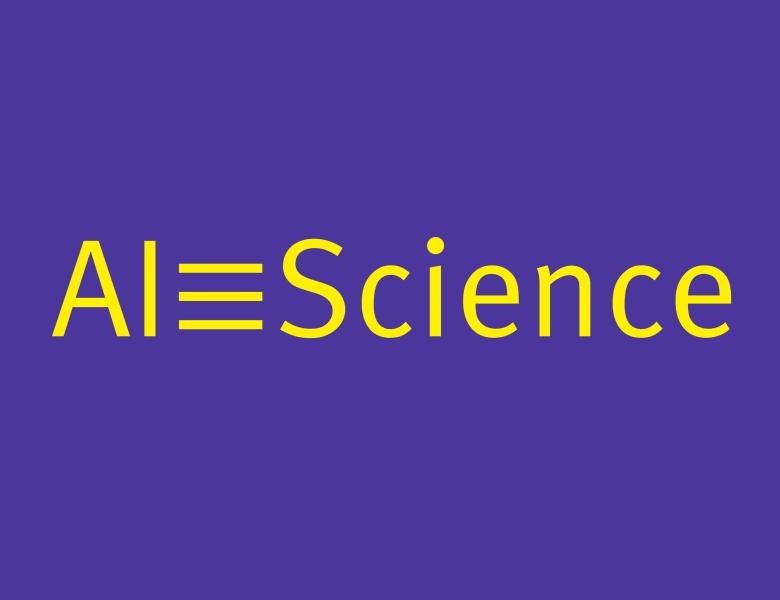
Abstract
Atomic systems (molecules, crystals, proteins, etc.) are naturally represented by a set of coordinates in 3D space labeled by atom type. This poses a challenge for machine learning due to the sensitivity of coordinates to 3D rotations, translations, and inversions (the symmetries of 3D Euclidean space). Euclidean symmetry-equivariant Neural Networks (E(3)NNs) are specifically designed to address this issue. They faithfully capture the symmetries of physical systems, handle 3D geometry, and operate on the scalar, vector, and tensor fields that characterize these systems.
E(3)NNs have demonstrated state-of-the-art performance on diverse atomistic benchmarks, such as small molecule properties, protein-ligand binding, and force prediction for heterogeneous catalysis. These networks combine neural network operations with insights from group representation theory. Their success stems from a rigorous foundation, making them more robust, data-efficient, and capable of generalization compared to invariant or non-equivariant neural networks.
In this talk, I will provide an overview of recent applications of E(3)NNs in understanding and designing materials. I will also discuss the expansion of these methods' applicability to new domains and data modalities. Finally, I will explore open questions regarding the expressivity, data-efficiency, and trainability of methods that leverage invariance and equivariance.


